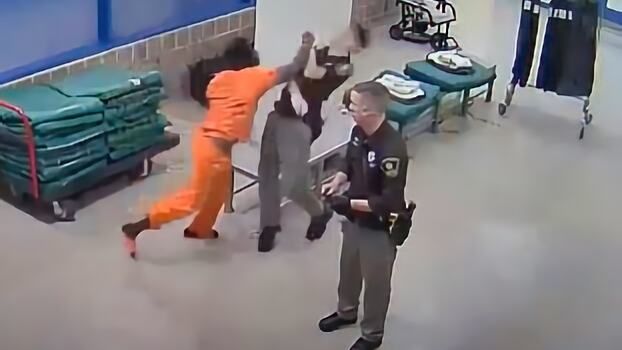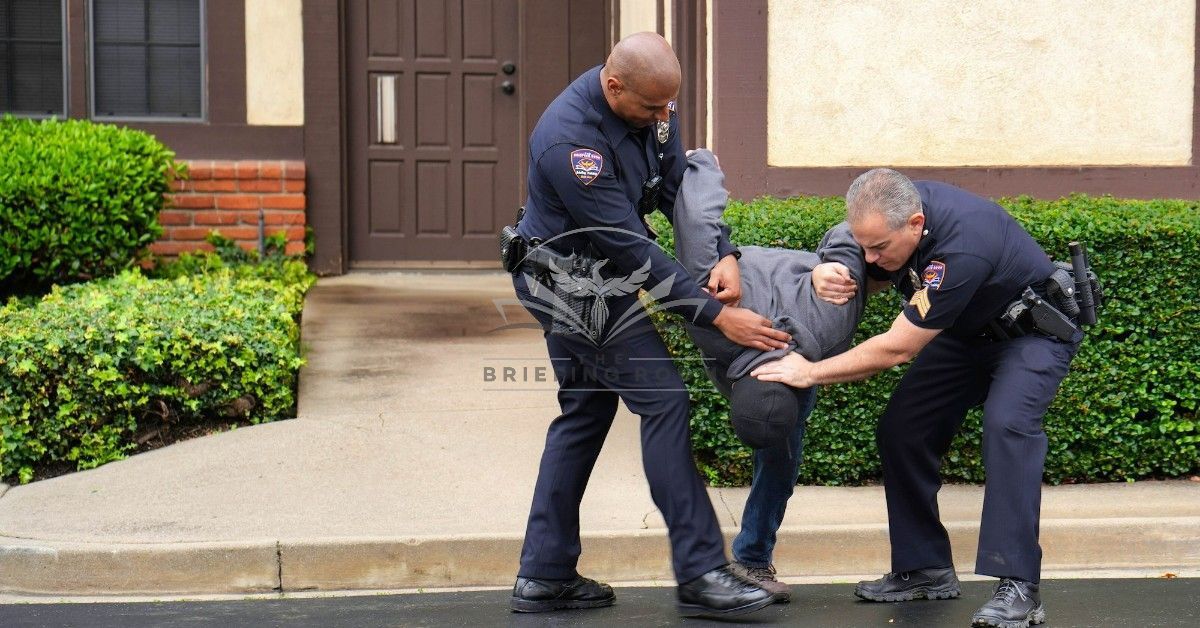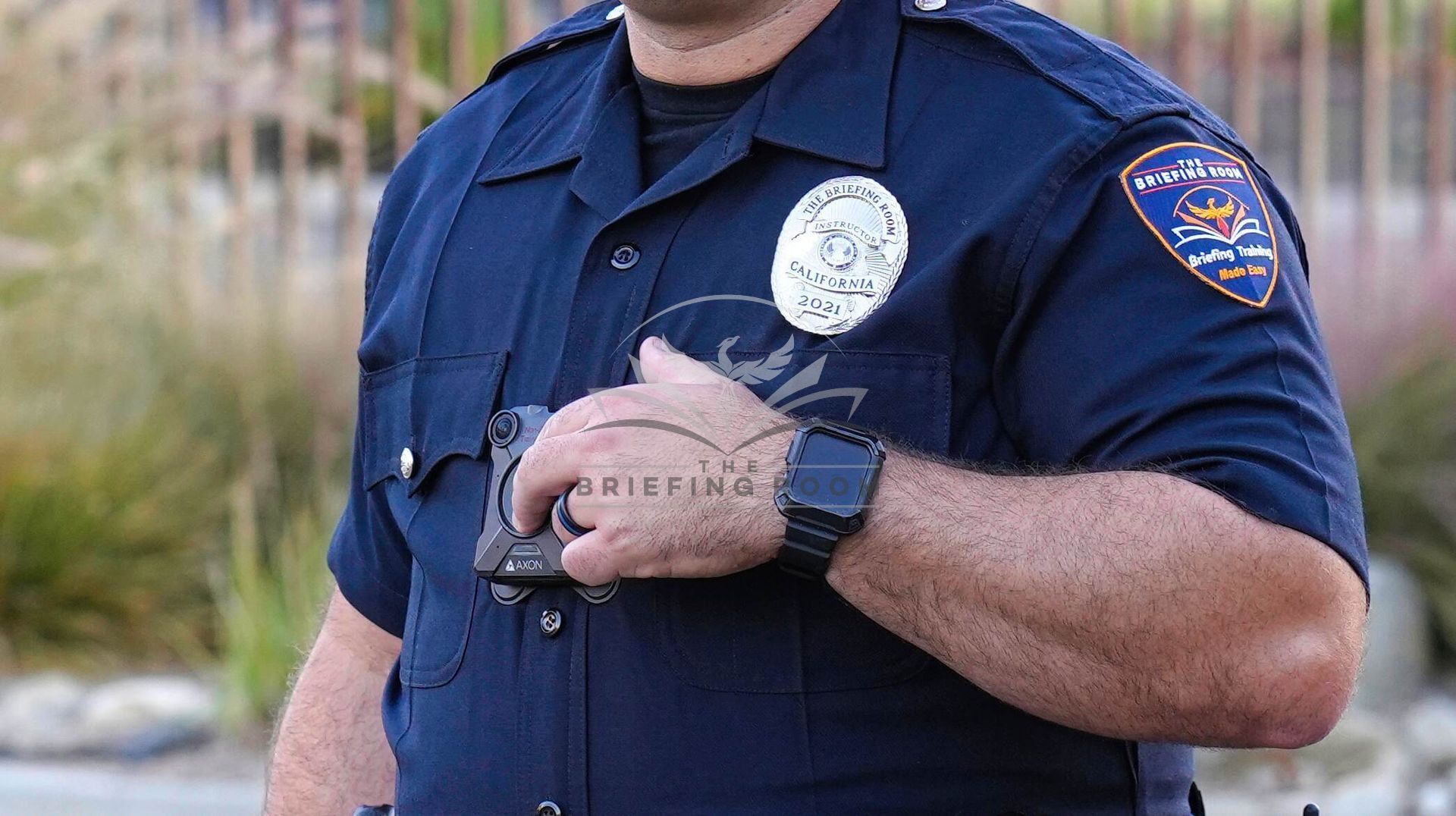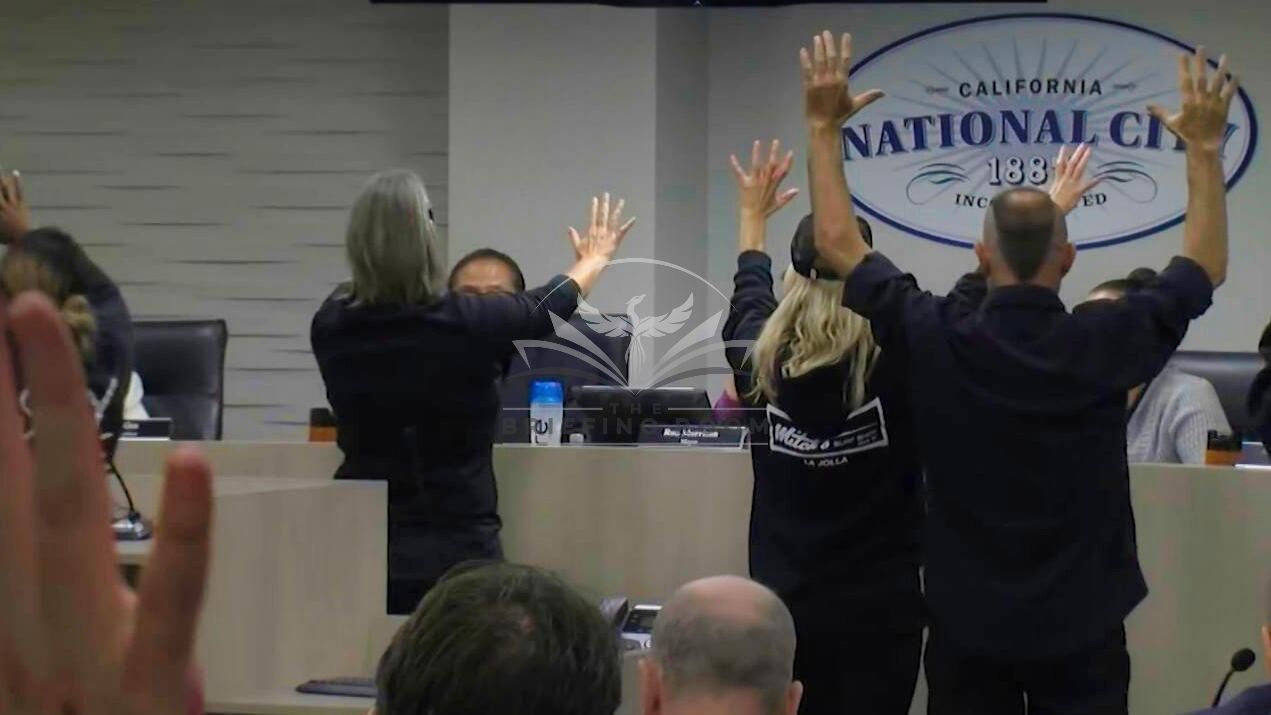Is Sucker Punching A Police Officer a Violation Of California PC 245(c)?
Is sucker punching a police officer a violation of California PC 245(c)?

Scenario: While officers are interacting with a man who was involved in an altercation, he suddenly punches one of the officers in the face, knocking the officer off balance and briefly causing his vision to blur and temporary soreness.
Can the man be charged with a violation of California Penal Code Section 245(c) - Aggravated assault on a peace officer with a deadly instrument?
Answer: That was the question discussed in this 2023 unpublished case from the California Court of Appeals called The People v. Rolando Mendez. In their finding, the court said, "Because section 245 prohibits an assault by means of force LIKELY to produce great bodily injury, the crime charged does not require proof of injury or physical contact. Whether the force used by the defendant was likely to produce great bodily injury is a question for the trier of fact to decide (that's the jury). Great bodily injury is bodily injury which is significant or substantial; not insignificant, trivial or moderate. The results of an assault are often highly probative of the amount of force used, BUT they cannot be conclusive."
They went on to say, "Given the force of the impact, which caused blurred vision and soreness, and the unexpected circumstances under which the force was applied, the jury could reasonably determine defendant's punch was LIKELY to produce great bodily injury." "The question before the jury was not whether serious injury resulted, but whether the force used was likely to cause it." "That (the officer's) injuries were ultimately not more serious does not mean the force exerted was not likely to cause great bodily injury."
Ultimately, they said the man could be charged with violating PC245(c) because "a solitary punch may violate section 245" and it was up to a judge or jury to decide if he was guilty of the violation.
www.TheBriefingRoom.com
90-Second Training Videos Your Supervisors Use During Briefing or Roll Call To Develop High-Performing Teams of Officers.
✅ Lower Liability
✅ Retain Officers
✅ Build Community Support
This post is only offered as a discussion topic and does not represent legal advice. Officers must refer to the laws in their own State as well as their agency



© 2024 THE BRIEFING ROOM
Site Design by Solmark Creative | Development by Adam Wills Marketing
